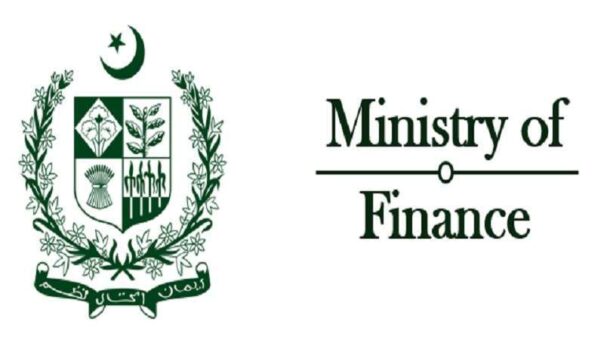Karachi, July 30, 2024 – Federal Minister for Finance and Revenue, Muhammad Aurangzeb, on Tuesday, emphasized the importance of proper fund allocation for the agriculture sector and the IT industry, especially freelancers.
“The agriculture sector and IT industry, particularly freelancers, need appropriate fund allocation. It is time for private banks to step up in terms of finance and fund allocation,” he said while addressing the Executive Committee of the Pakistan Banks Association (PBA) at the Islamic Chamber of Commerce building, the finance minister also highlighted key initiatives and discussed the macroeconomic situation in the country.
Aurangzeb highlighted the importance of corporate farming in collaboration with the Special Investment Facilitation Council (SIFC) to accelerate economic growth.
Muhammad Aurangzeb expressed his encouragement at seeing the private sector taking proactive steps in advancing financial and technological infrastructure. “It is encouraging to see the private sector’s proactive approach towards enhancing our financial and technological capabilities,” he stated.
The minister acknowledged the extensive discussions on the macroeconomic front and assured that the government is comfortable with the current external financing situation. “We are moving forward with the IMF draft resolution,” he added, indicating a positive outlook on the country’s economic engagements.
Emphasizing the importance of public-private partnerships, particularly with Habib Bank Limited (HBL) and National Bank of Pakistan (NBP), Aurangzeb stated, “We need to create capacity and move forward.” He underscored the necessity of achieving a B- rating to re-enter International Capital Markets, as Pakistan currently holds a CCC rating. “Our goal is to get back into International Capital Markets and improve our rating to B-,” he stressed.
Continuing his discussion on the macroeconomic situation, Aurangzeb acknowledged the challenges but remained optimistic about managing them with the IMF’s core approval. “We are aware of the current challenges, but with the IMF’s support, we believe the situation is manageable. It is essential to continue focusing on agriculture and support initiatives like SIFC,” he stated.
The finance minister urged the private sector to take ownership and lead the necessary transformations. “We are urging the private sector to take ownership and lead these transformations,” he reiterated. He highlighted the need for capacity building to ensure smooth cash flow lending and progress in financial initiatives.
Addressing the energy sector, the minister noted the challenges posed by additional taxation, high energy costs, and high-interest rates. While competitive energy tariffs are currently unavailable, he expressed hope for progress. “The development sector is facing issues with additional taxation, high energy costs, and high-interest rates, but we can still make progress,” he noted.
Aurangzeb also acknowledged the challenges faced by the large-scale manufacturing sector and assured that the government is working on providing support where possible. “The large-scale manufacturing sector is also facing challenges, but we are working on providing support where possible,” he stated.
Concluding his address, the finance minister urged banks to focus on agriculture, finance, and data collection. “We need to focus on agriculture, finance, and data collection,” he urged. He also announced that next week, the International Finance Corporation (IFC) will expect banks to share their updates and initiatives.
The PBA meeting was attended by prominent members, including presidents of leading banks of Pakistan, the Chairman of PBA and President of the Bank of Punjab, Zafar Masood, Chairman of the Federal Board of Revenue (FBR) Ali Pervez, and the Director to Finance Minister, Shehryar.
This concerted effort by the government and the private sector is expected to foster economic stability and growth, setting a positive trajectory for Pakistan’s financial landscape.
